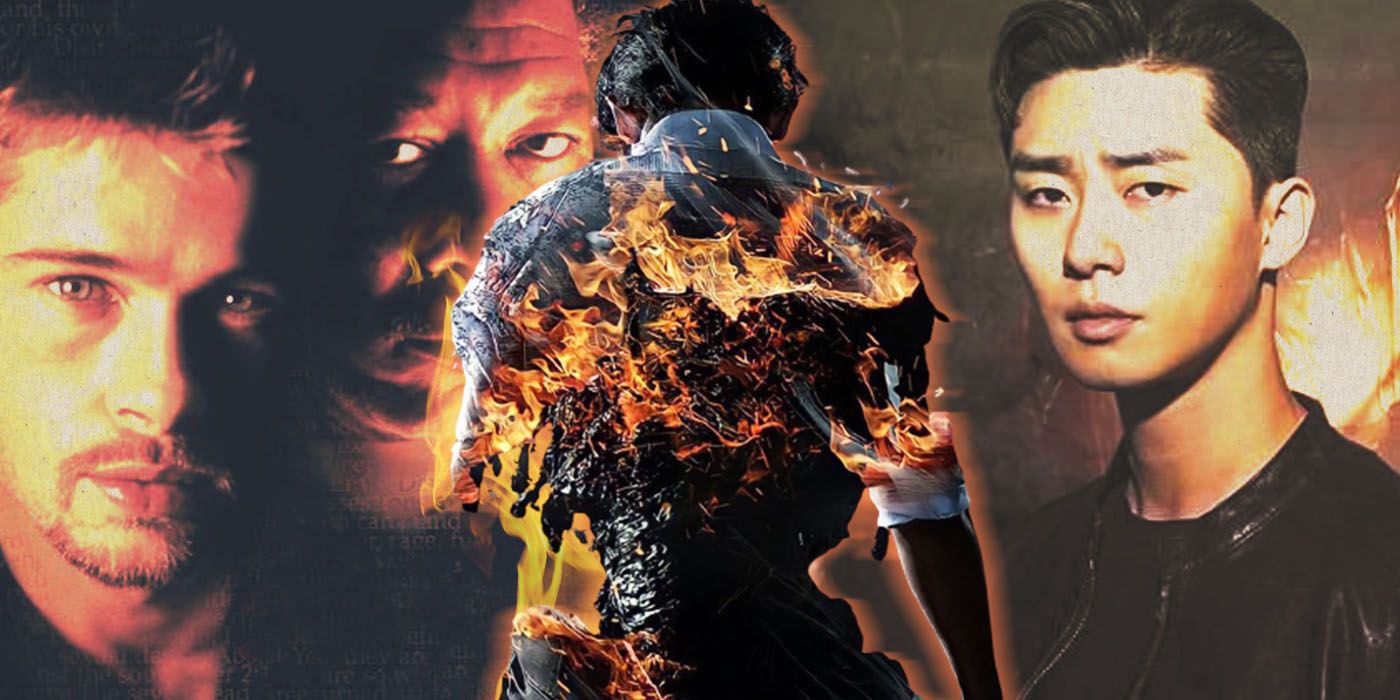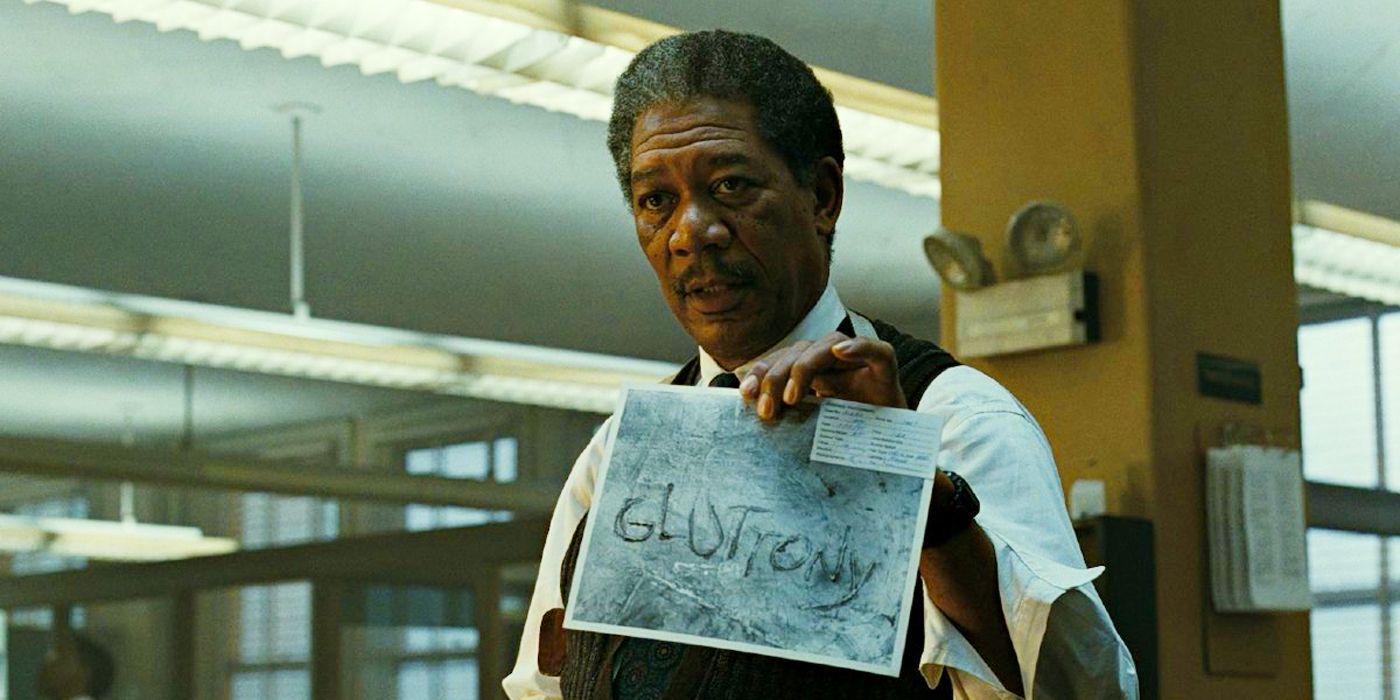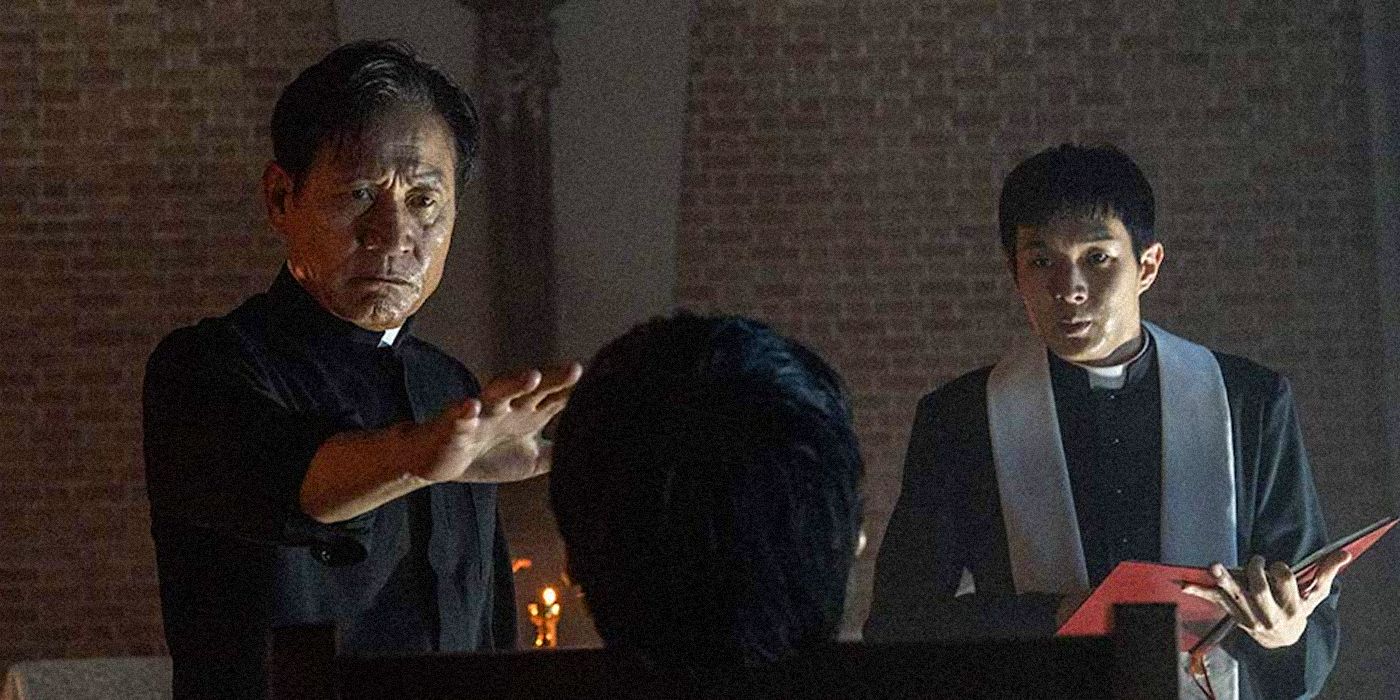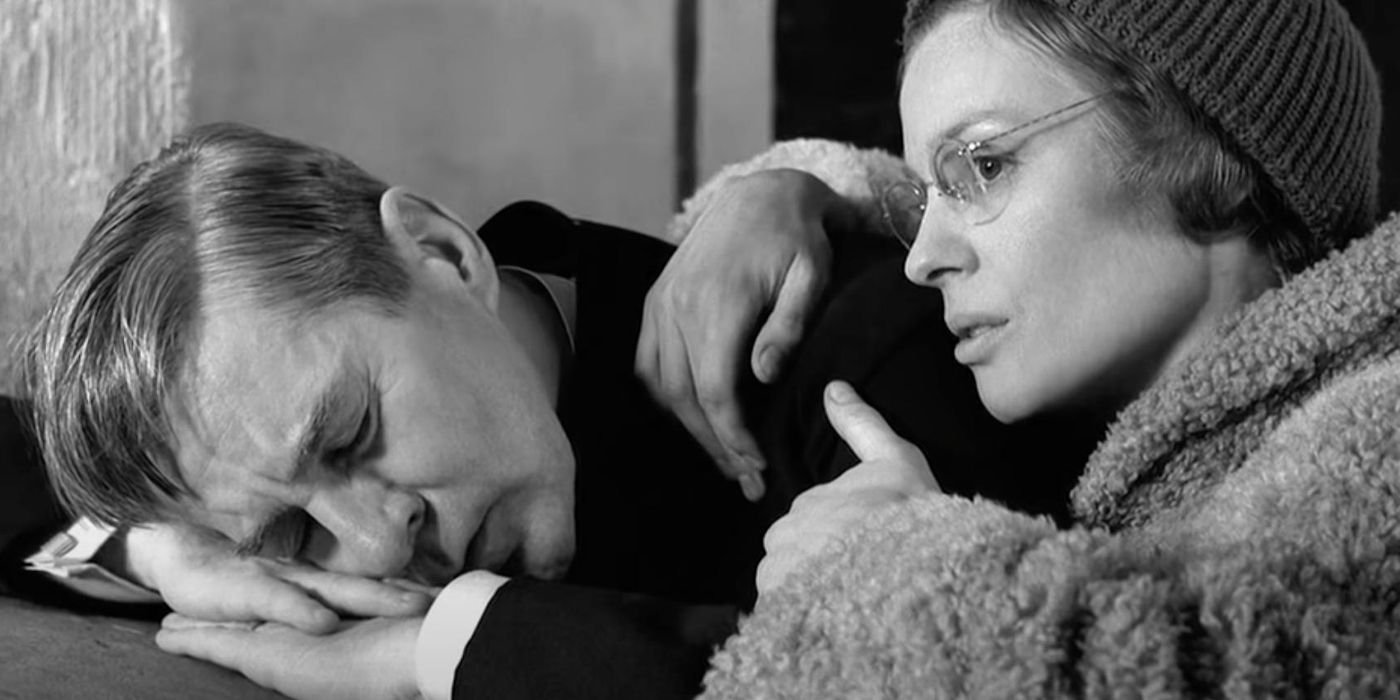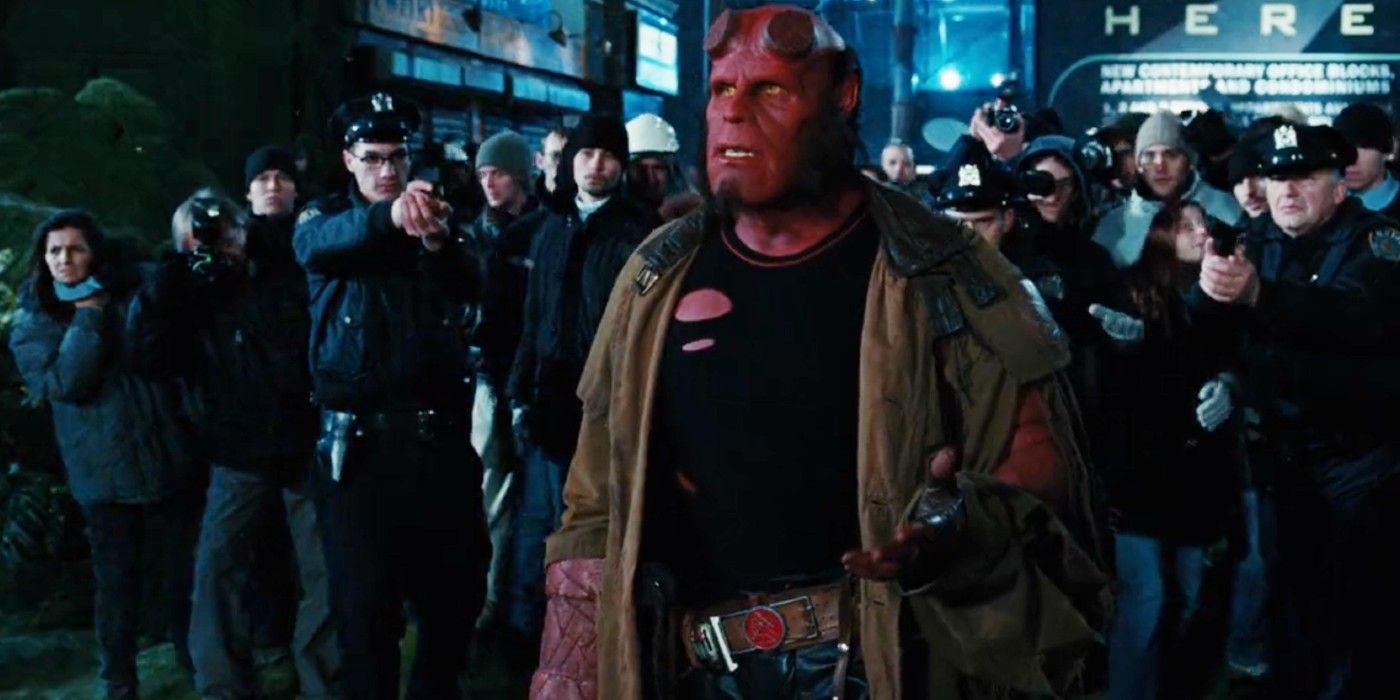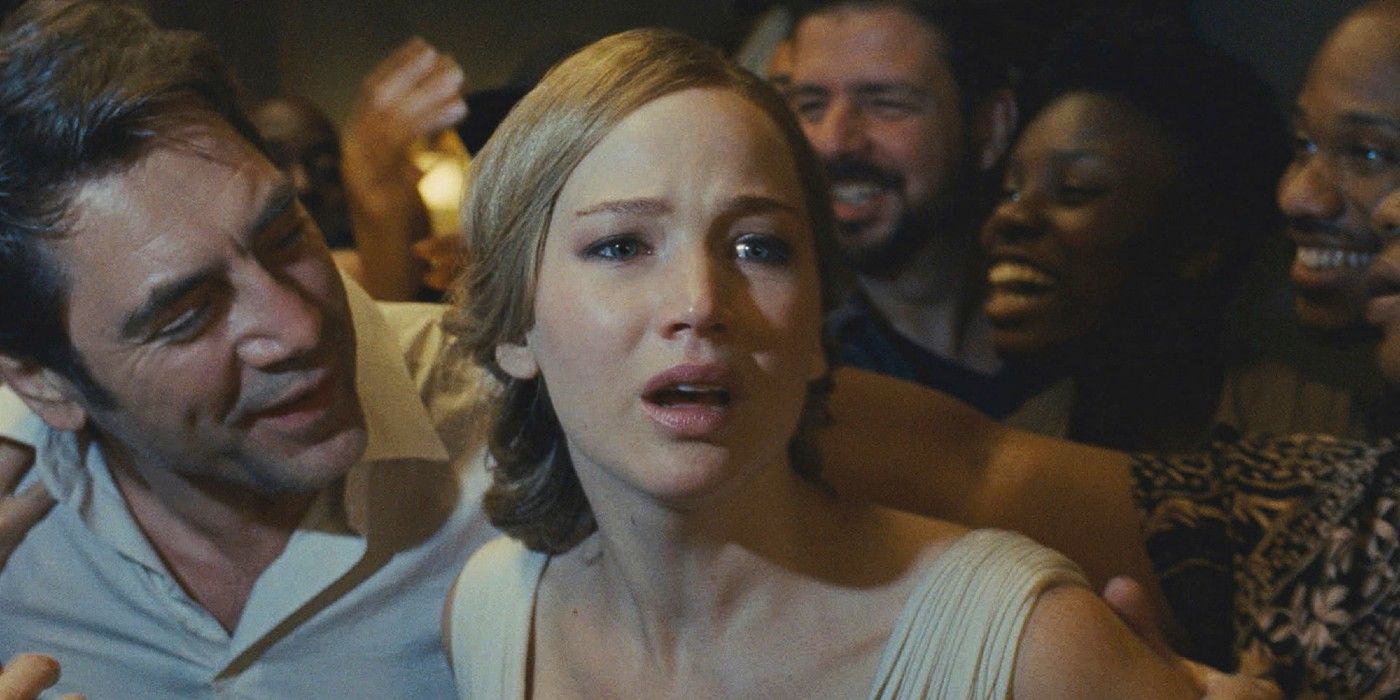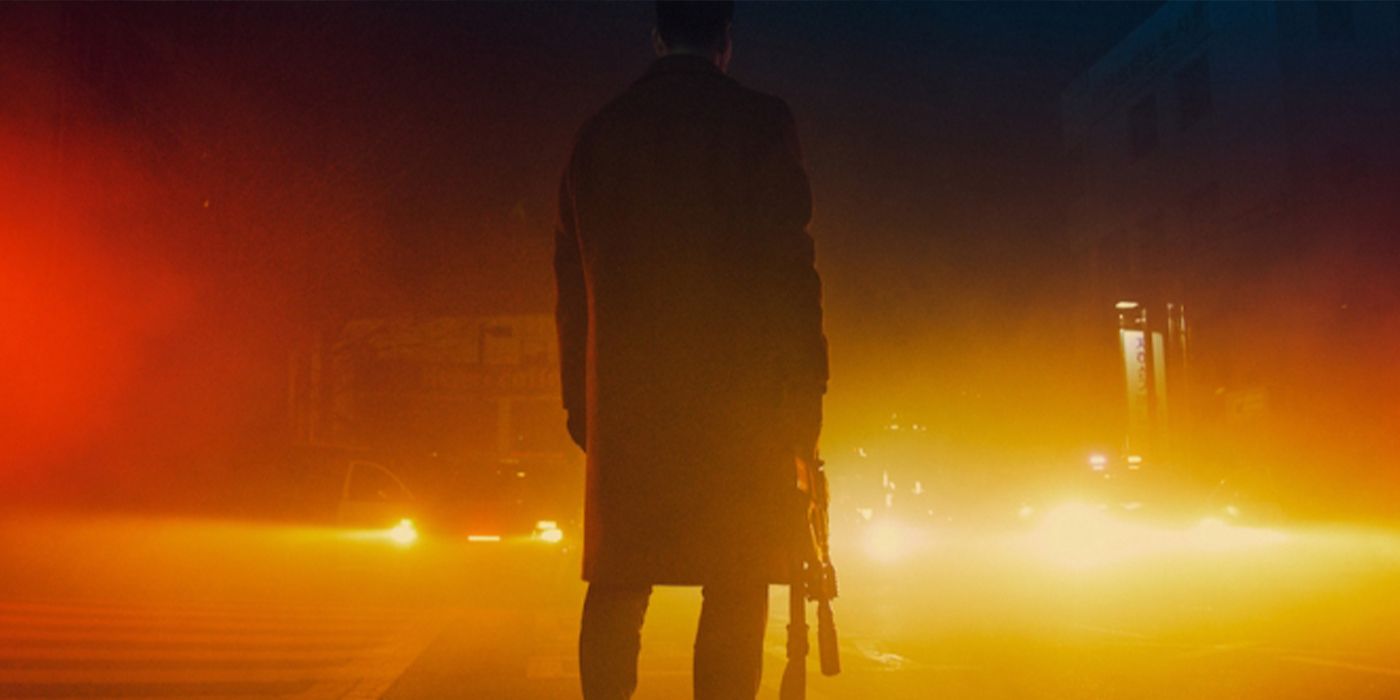It’s certainly no secret that South Korean dramas have always been around, but the success of series like Squid Game are driving newfound interest to the macro-genre. Netflix is winning big with its seemingly endless well of content, and they’ve scored again with the new release Hellbound. The six-episode series toppled Squid Game as the most popular title on Netflix and is quickly becoming everyone’s new obsession.
The series puts viewers at the threshold of an apocalypse as otherworldly beings begin to prophesize deaths down to the minute. At first, many are skeptical, but after hulking demons called Executors begin appearing all across Seoul and incinerating their victims in broad daylight, hell eventually breaks loose on Earth. It’s a gripping, binge-able series that already has fans anticipating a second season. There’s no word on whether Hellbound will follow in Squid Games’ footsteps, but there’s plenty of content to tide audiences over until then. Let’s take a look at six films that match Hellbound’s apocalyptic themes.
Se7en Delivers on the Police Procedural Intrigue
Hellbound is a two-act series broken into six episodes. The first act follows the formula of a police procedural overrun with supernatural mystery, but the series takes on more of a dystopian tone after Episode 4, resembling the Purge movies more than Kiyoshi Kurosawa’s Cure. For Hellbound fans looking for a taste of grounded spiritual horror, there's always Se7en, a disturbing slow-burn steeped in religious themes.
Brad Pitt and Morgan Freeman are two detectives tracking a string of grisly murders. Each victim is killed in a different fashion, and the crimes, at first, seem unrelated -- until Detective Somerset (Freeman) connects each crime to the seven deadly sins. After that breakthrough, Somerset and Detective Mills (Pitt) race to identify the killer before he completes all seven murders. Se7en was one of the first to put director David Fincher on the map, and it's safe to say that film hasn't been the same ever since.
The Divine Fury Offsets Action with Exorcism
The rise of Christianity in South Korea has created new themes for the country's filmmakers to explore, and Hellbound isn't the first to take a swing at the subject. In 2019, director Jason Kim offered up The Divine Fury, a genre-twisting thriller that melds elements of spirituality with action. At its center is a duo not unlike Freeman and Pitt in Se7en -- but Park Seo-joon and Ahn Sung-ki have real, tangible demons to face apart from the ones in their personal lives.
Park plays Yong-hu, an MMA fighter who swiftly renounces his faith after the death of his devout father. When Yong-hu finds a strange red mark on his palm, he seeks the help of Father Ahn (Ahn), a priest who doubles as a part-time exorcist. They discover that Yong-hu’s mark is actually a stigmata: a symbol that allows the fighter to exorcise demons himself. Before long, the pair team up to fight an army of demons threatening to overtake their city. Though the film doesn’t necessarily pull off a seamless blend of genres, The Divine Fury is still a fun juxtaposition of man versus myth. Captain Marvel fans anticipating Park's appearance in The Marvels can also start their foray into the actor's filmography.
Winter Light Explores “God’s Silence”
A big theme at the center of Hellbound is the question of God’s will. While one rising religious sect believes that God has finally lost patience and is ready to condemn sinners one by one, others say God has simply turned his back on humanity. It’s the latter idea that was explored by Ingmar Bergman, a prolific Swedish filmmaker with almost 50 films under his belt.
Any of Bergman's films could scratch the existential itch that Hellbound may leave behind, but it’s Winter Light that really explores the anger and resentment that stirs during a crisis of faith. The film is part of an unofficial trilogy that Bergman called “The Silence of God” and even inspired the 2017 movie First Reformed. Both films follow a pastor losing his faith and attempting to isolate himself from his parishioners, who are equally desperate for answers. Hellbound is a bit keener to put its faith in humanity after it seems God has turned away, but Winter Light leans into the desolation and quiet suffering that comes when one shoulders a burden alone.
Hellboy Is a Charming Relief After Hellbound's Demons
Both Hellbound and Hellboy are based on existing IP. While the former takes inspiration from Korean webtoon The Hell, Hellboy is an adaptation of a Dark Horse comic series of the same name. The film was a labor of love for its director, celebrated monster-lover Guillermo del Toro. The filmmaker spent years getting his story off the ground. While Hellboy wasn’t the instant smash-hit producers hoped for at first, it became a cult favorite shortly after.
Del Toro has always been adamant about practical effects, and as a result, his films (however outlandish) always feel real and incredibly immersive. Hellboy is no exception, chock full of the dark fairytale themes that brought the director critical acclaim for The Shape of Water. Hellboy is a perfect palate-cleanser after Hellbound’s chilling finale. Its seamless use of practical effects is also a welcome change for any fans disappointed by the less-than-perfect CGI monsters in the series.
Mother! Turns Up the Heat on Allegorical Horror
For anyone looking for an even more disturbing foray into religious themes, there’s always mother!, the polarizing psychological horror directed by Black Swan’s Darren Aronofsky. The film is an allegory for any number of concepts, including creation, global warming, female autonomy, religious fanaticism and respective messiah and martyr complexes. It pulls absolutely no punches and takes quite a few risks to get its point across.
Some argue that mother! was the film that nearly ruined Jennifer Lawrence’s career, despite it featuring one of her most impeccable performances. In it, she plays the young wife of a poet twice her age (Javier Bardem). Just as she begins to settle into their new home, her husband begins to receive visitors: first a lifelong fan (Ed Harris) and his wife (Michelle Pfeiffer), then their two feuding sons. After that, the floodgates burst, and “Mother’s” home becomes overrun, putting her sanity on the line in a big way.
Time to Hunt Envisions A Very Different Dystopia in Seoul
Hellbound may be set at the end of days, but it mostly serves as a platform for interpersonal issues to take center stage. South Korean dramas are known for prioritizing characters and their relationships as much as they do story. In fact, it’s what helped Squid Game resonate with so many. This strength also features in Time to Hunt, a dystopian hit that takes similar care with its own characters.
The film follows a group of friends fighting to survive after a financial disaster sends the Korean won plummeting. In this version of Seoul, only U.S. dollars carry weight. The gang, desperate to escape the city, decides to rob a local gambling ring for the funds they need. Although their heist goes off without a hitch, it attracts the attention of a tunnel-visioned contract killer.
Time to Hunt is a twisted cat-and-mouse game set against the crumbling, neon backdrop of Seoul. Its focus on the imperfect, naive young criminals is akin to the humanity shown in Hellbound's sinners, and the sympathetic perspective helps drive the thriller home. It also stars Park Hae-soo of Squid Game fame, as well as Park Jeong-min, who plays journalist Bae Young-Jae in Hellbound's final three episodes.

